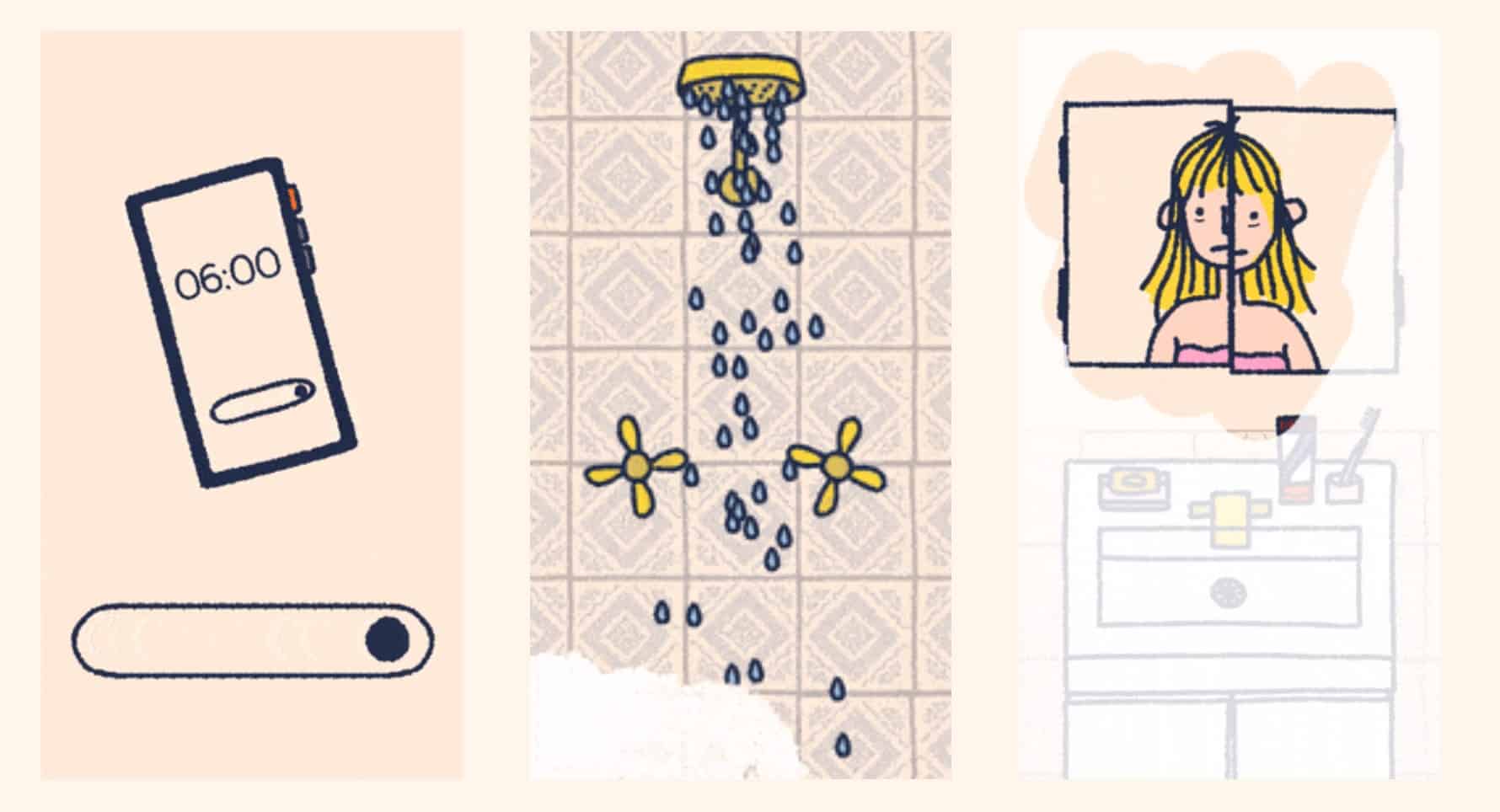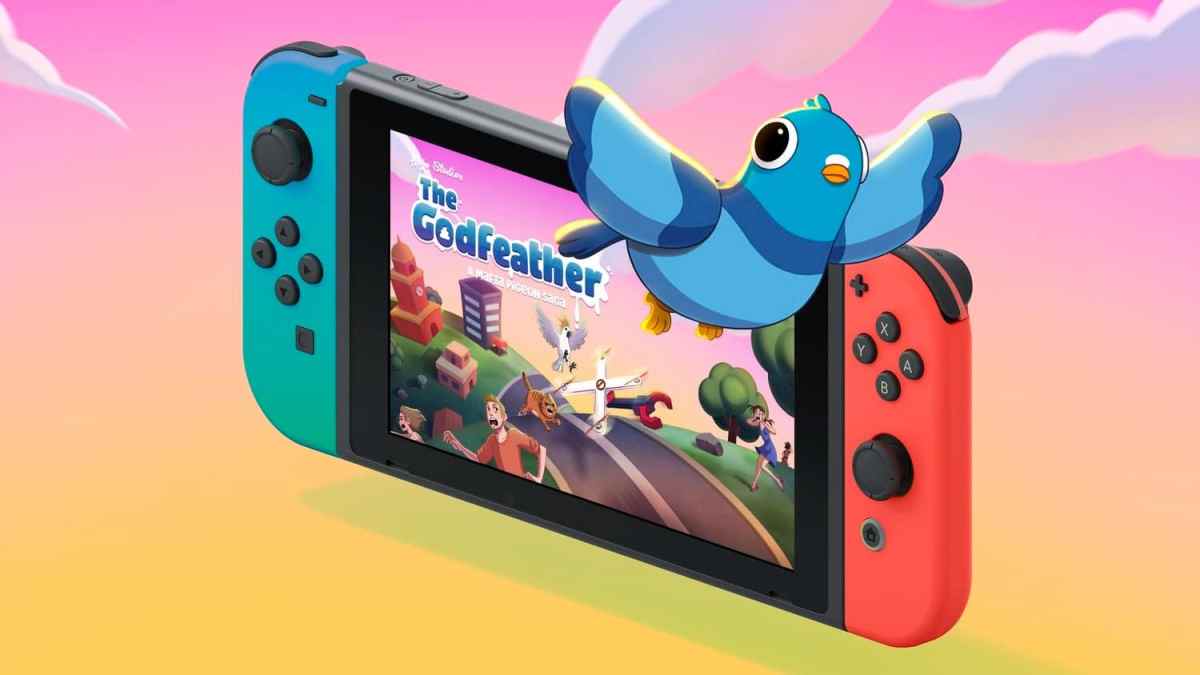Waypoint Constellations was a wonderful showcase for Sydney’s game development scene. After the chaos of Melbourne International Games Week (MIGW), it was a quieter, more intimate chance for developers to connect with their peers – and most importantly, their Sydney-based peers.
In conversations around game development in Australia, Victoria is typically at the forefront, with Queensland slowly creeping in from the sidelines. There are reasons for this, of course. The Victorian Government, through VicScreen, has historically prioritised creative works, and provided support and funding for many Victoria-based developers. Screen Queensland has also stepped up its funding in recent times, providing dozens of studios and developers with the means to continue creating new, innovative works.
Screen NSW has recently taken steps to provide more funding for game development, driven by the knowledge and precedent of growth in other states – but it’s fair to say the state has lagged behind in supporting video games. That’s inspired a smaller, tighter-knit group of developers to work on more personal, quirky game experiences, and get creative with their choices.
As demonstrated by the range of talks at Waypoint Constellations, Sydney game developers have worked on, and are currently working on, a wonderfully eclectic, inspiring array of games, despite the barriers to their creation.
Siobhan Willoughby is currently working on Tea, Please!, a short game that “explores the contrast between the drudge and noise of office life and the surprising happiness and peace gained through remote work during lockdown.”

At Waypoint Constellations, she discussed how her experiences in the technology industry, and working through the pandemic, reshaped her view of the world, and the inherent beauty in its quieter moments. This inspired the creation of Tea, Please!, which aims to provide comfort in shared experience, and elevate the act of being. (Willoughby also shouted out Cartoon Cartoon Summer Resort as an influence on her interest in programming – and we should all talk about the transformative nature of Cartoon Network’s Flash games more often.)
Read: How Cartoon Network games shaped countless childhoods
Kurt Tikoft, aka i will bite raw coffee beans, is wielding his own personal interest in the occult to develop Your Holy & Virtuous Heretic, his very first release. During Waypoint Constellations, Tikoft reflected on the nature of making games, versus learning about games, and the value of getting a formal education in the practice.
Sharing insights with a watchful audience, Tikoft discussed the core challenges he faced in balancing an education with the time needed to develop, market, and pitch a game, while also working a job on the side. He made clear that this challenge was not easily fixable, but we must acknowledge that creating games is difficult and time consuming, and much of what is produced gains life by sheer will and passion.
Elsewhere at Waypoint Constellations, developers shared retrospective insights into game releases, and lessons learned after launch. Rick Salter of Hojo Studio discussed the relatively low key launch of The Godfeather with strong insight into the value of exploring platforms, and the importance of not giving up on a game if it doesn’t sell well immediately.
Hojo Studio was disappointed by the release of The Godfeather on Steam, but rather than giving up on it entirely, it instead chose to continue working on it – and to adapt it for mobile. The Godfeather eventually found great success on iOS, thanks to platform curation and support. From this, the team learned an important lesson: to back their ideas, to not let imposter syndrome take over, and to always question intent and platform when delivering a game.
Pat Naoum, solo developer of The Master’s Pupil, also shared a retrospective, couched in a criticism of realism in games. The Master’s Pupil is a puzzle game that is hand-painted, and intentionally leans away from player expectations. Within his talk, Naoum discussed why a move away from realism encourages more creative potential, as players are invited to experience new and novel play through abstraction and creativity.

Throughout the evening, developers shared even more personal advice, breaking apart their development processes to share how they learned to be more creative, collaborative, and inspired by creating games.
Tabletop game developers Vee Hendro and Hayley Gordon discussed having healthy boundaries between work and play when creating game. Hendro and Gordon are partners, and spend much time together – and they discussed ensuring a separation between their work and home lives, with “communication, trust, and fun” being baked into their work and play practices.
Jennyfer Ong of Chaos Theory Games discussed a need for flexibility, and finding your way comfortably. As Ong stated, human beings are naturally flexible and evolve with time, so goals in game development must also be the same. They must adapt to identity and life changes, as we all do.
The lessons shared at Waypoint Constellations were incredibly personal and insightful, and spoke to a diversity of experiences making games in Sydney. Not only were these lessons educational, they also revealed just how hard-working and innovative Sydney’s game developers really are. Against tough circumstances, they continue to create dazzling games of all forms – relatable, funny, sweet, and imaginative.
At Waypoint Constellations, this brilliance was given the spotlight it’s always deserved. Long may these celebrations continue, and long may Sydney game developers continue to create exciting new games.





